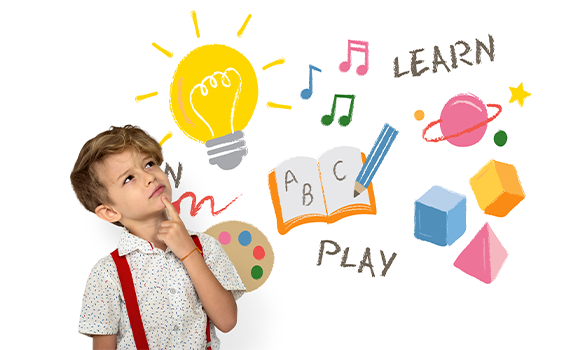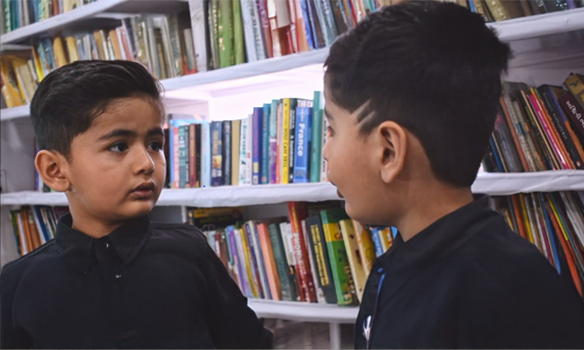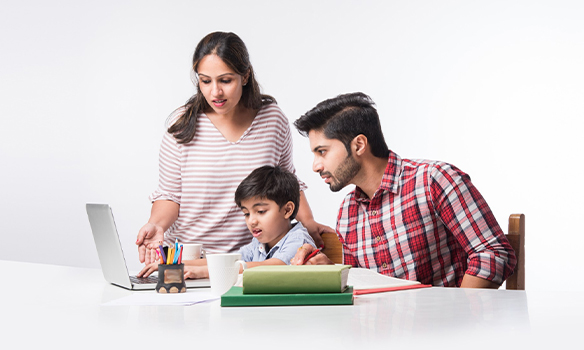The Benefits of Raising Multilingual Children
Learning different languages encourages respect for others and nurtures the understanding of human emotions. It helps one see the world better and from a different lens. Not only that, but it also feeds your brain and cultivates memory, problem-solving and critical thinking skills. There are more than 300 languages and dialects spoken in India alone. With an increased focus on the importance of learning English, the value of other languages may have decreased leading to cultural gaps and language barriers with the non-English speaking members of the family.
Being multilingual is the ability to speak and understand several languages. Children who are raised in bilingual or multilingual households feel good about their heritage, are confident in communicating with extended family members and are able to enjoy music, movies, literature in more than one language. They manage to build a better sense of identity, self-worth and belonging.
Learning more than one language comes with its own benefits like increased cognitive benefits. Some of the cognitive benefits that people may see in multilingual children are:
● A deeper understanding of math concepts and word problems
● Appropriate use of logic
● Increased focus and thinking skills
One may also see social and emotional development in multilingual children. They are able to make new friends and have strong relationships with people from different cultures easily. These children are also known to show better self-control in households and are able to face academic challenges with ease because they develop more dynamic approaches to problem-solving, which enhances their results. This quality is developed through their ability to switch between languages. Management skills for kids can also be developed via learning different languages.
Children who experience a multilingual education can transfer knowledge from one language to another. It can build up their grammatical structures and vocabulary. Chances at certain professions for multilingual children increase.
The question of how to teach children multiple languages remains. The main benefits of advancement in technology and different ways of the world include accessibility to education. When children are born, their brains process sounds of language. They even cry in the accent of their native language! It means that they recognise languages from very early on. The best way to start is to begin early. Read bilingual books, arrange for playdates with bilingual friends or watch programmes in different languages. You can even consider schools that offer different language options.
Last but not the least, use the time spent in teaching them as a bonding exercise. Learn alongside them. Research shows that children learn faster when their parents are learning with them. At Little Genius, we promote the importance of languages and their impact on children’s cognition. So, waste no time and start today!
Related Blogs

Early Learning in Nagpur: Using Phonics and Math to Build Strong Foundations for 3-Year-Olds






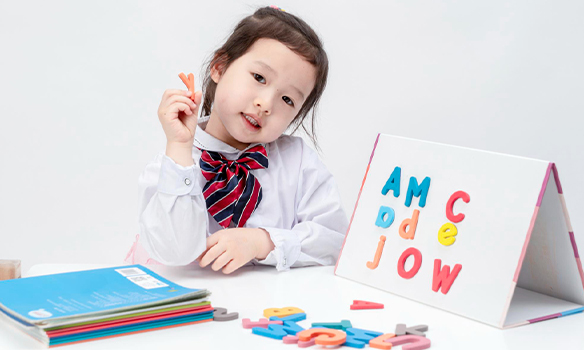



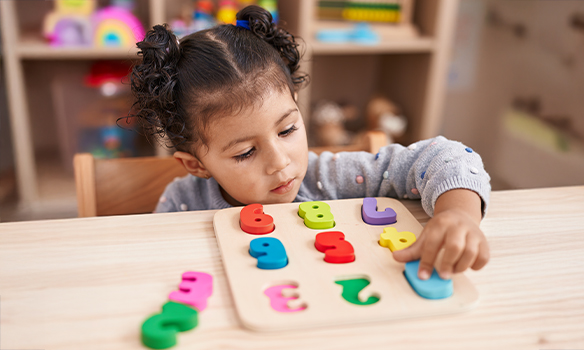




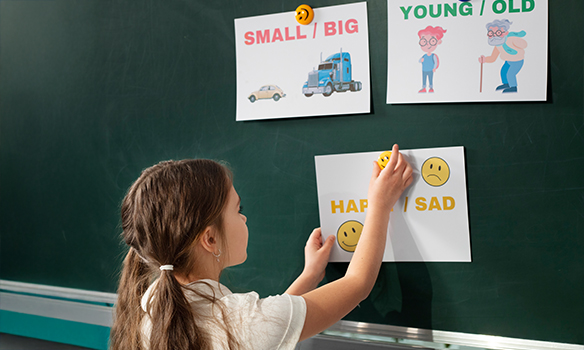

















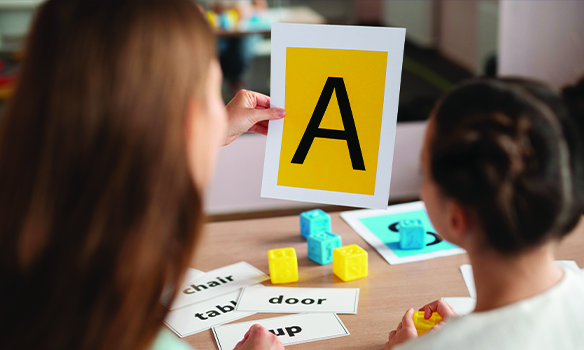












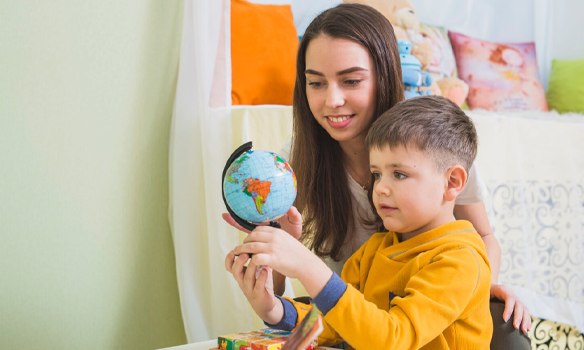
















.jpg)




